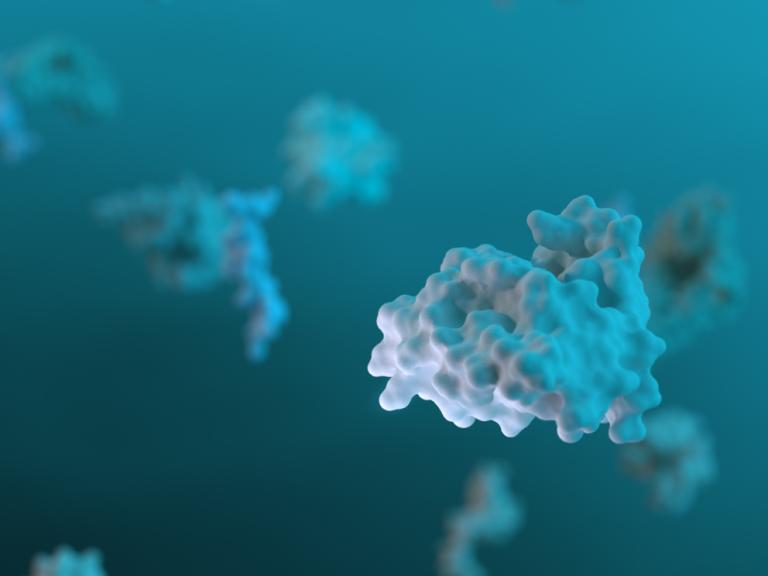
The NIH Center for Human Immunology, Inflammation, and Autoimmunity (CHI) is a multi-institutional resource whose mission is to provide a collaborative hub of advanced translational immunology for NIH clinical and pre-clinical studies. This uniquely structured program provides centralized and efficient management of projects in full collaboration with NIH investigators to better understand human immune function and pathophysiology. Our team works closely to plan and optimize experimental workflows tailored to each investigator’s specific research goals; execute highly sophisticated technological procedures on precious human samples; troubleshoot and optimize assays to generate high-quality data; seamlessly transfer data to our in house informaticians who perform multimodal computational analyses; and provide expert scientific consultation, interpretations, and recommendations throughout the project lifecycle – all in one place.
Toward achieving our mission, we maintain the following goals:
- To be the leading resource for intramural investigators across the NIH to support their most challenging immunological research needs.
- To remain at the forefront of molecular and cellular immunological technologies and computational modeling.
- To provide seamless integration of multiplex datasets into a single computational analysis pipeline that enables holistic biological interpretations.
Highlights

SomaScan
The SomaScan® Assay leverages protein-capture reagents called SOMAmers® (Slow Off-rate Modified Aptamers) which bind highly specifically to approximately 7,000 protein analytes for direct quantitation with high sensitivity in small volume samples.
Collaboration
CHI provides collaborative support from study design and data generation through computational analysis and biological interpretation towards the goal of understanding immune phenotypes at a systems level. This will be accomplished in full collaboration with the NIH intramural community, and we welcome proposals for selection on a competitive basis for funding considerations via CHI or institutional budget. Collaborations can address cohorts with clinically significant effects or serve as stakeholders for technology development that would benefit the broader NIH community.
The CHI aims to apply our technologies in the context of collaborative studies with an intramural PI, for which we welcome proposals from any NIH institute on any topic involving human samples. Proposals for collaborations are solicited and selected competitively from a call for proposals. Read more about collaborating with CHI.
Download the CHI Information Sheet
Contact Information
Rachel Tracy, Executive Assistant
Location
10 Center Drive, Room 7N116
Bethesda, MD 20892
Featured Research
Some examples of publications arising from collaborations with CHI are:
- Acute and persistent responses after H5N1 vaccination in humans. Cell Rep. (2024) 4;43(9):114706
- Time-resolved Systems Immunology Reveals a Late Juncture Linked to Fatal COVID-19. Cell (2021) 184(7):1836-1857
- Broadly effective metabolic and immune recovery with C5 inhibition in CHAPLE disease. Nature Immunology (2021) 22(2):128-139
- Broad immune activation underlies shared set point signatures for vaccine responsiveness in healthy individuals and disease activity in patients with lupus. Nature Medicine (2020) 26:618-629
NIAID Research Technologies Branch (RTB)
The CHI has partnered with the NIAID RTB to enhance the scientific platforms that are available to NIH investigators. Through this partnership the NIAID RTB provides guidance to the CHI on many facets of technology development and assists the CHI in tailoring its technologies to meet the needs of the NIH community.


